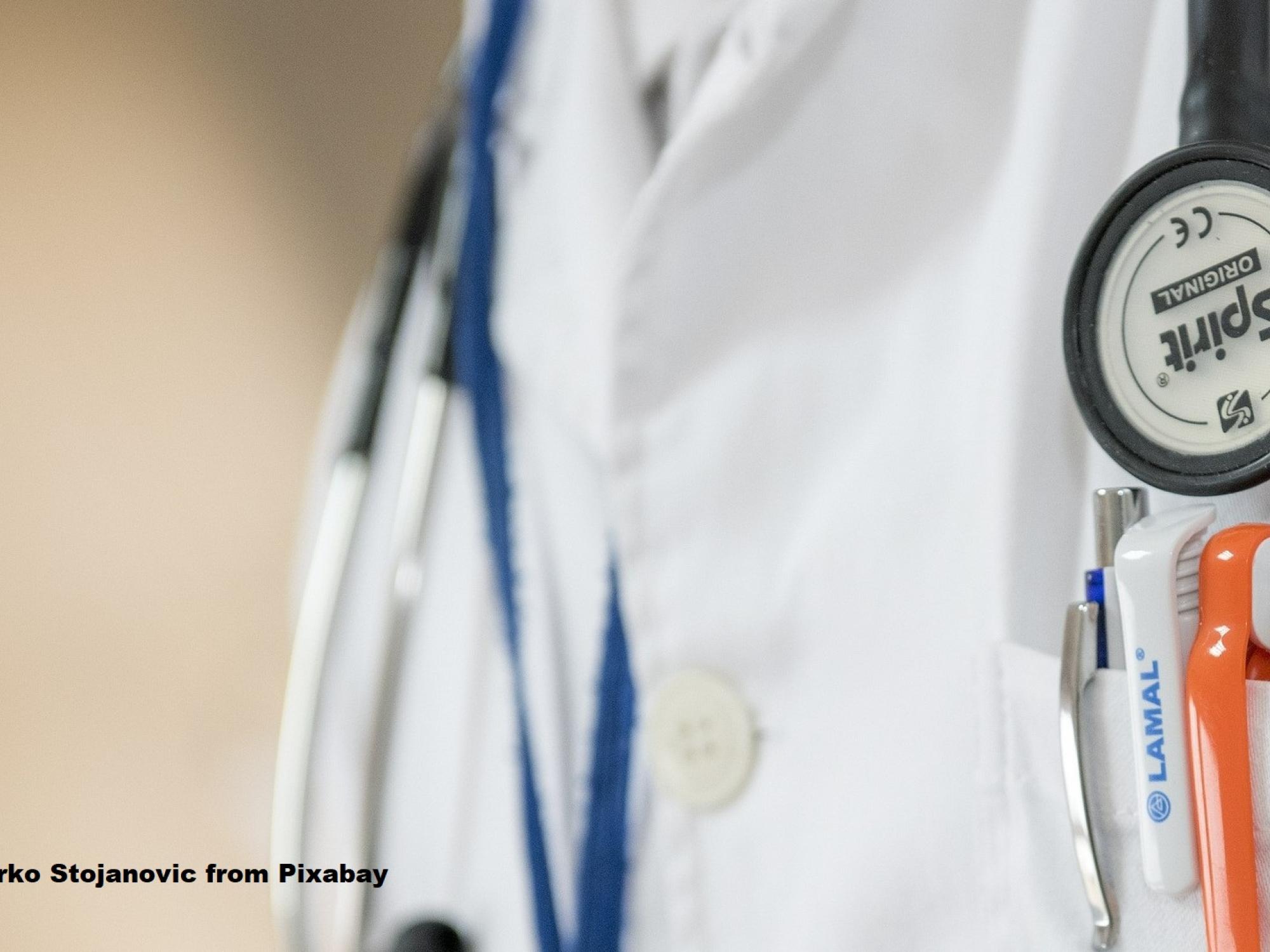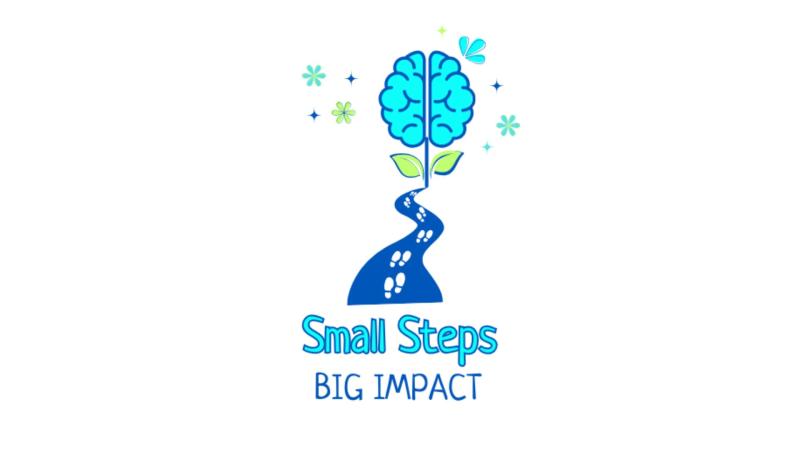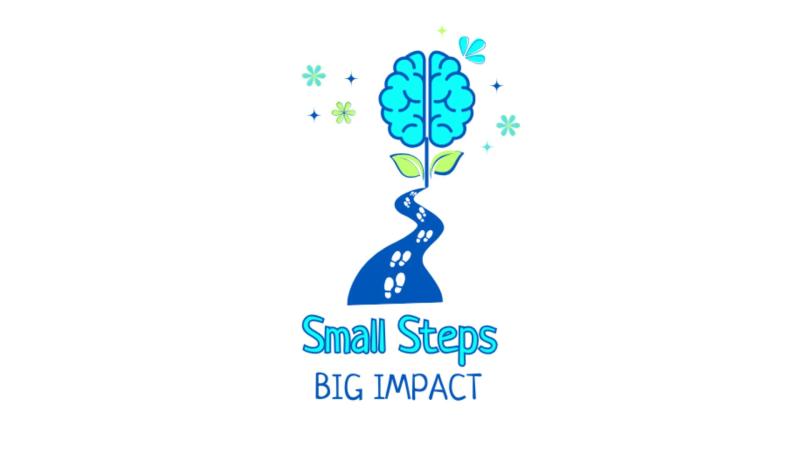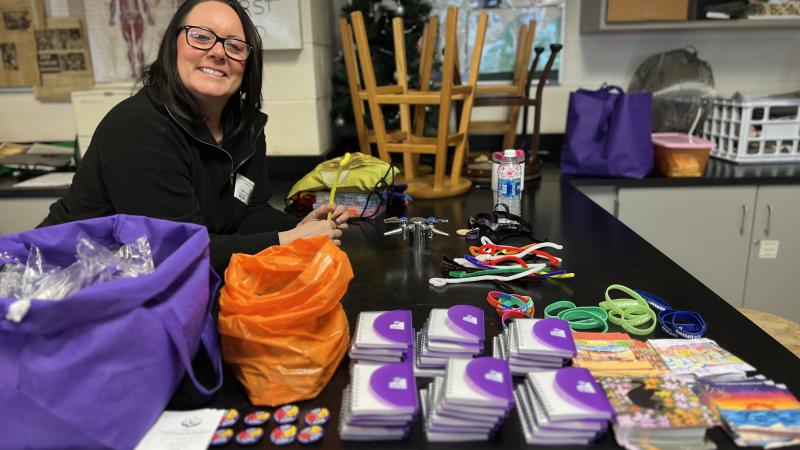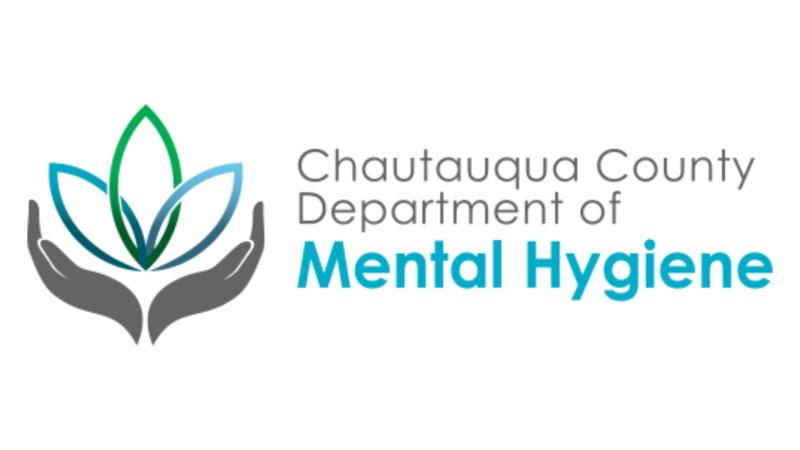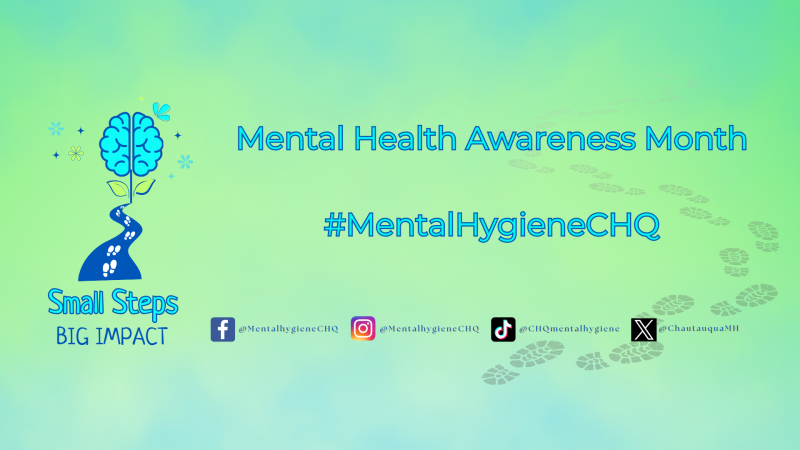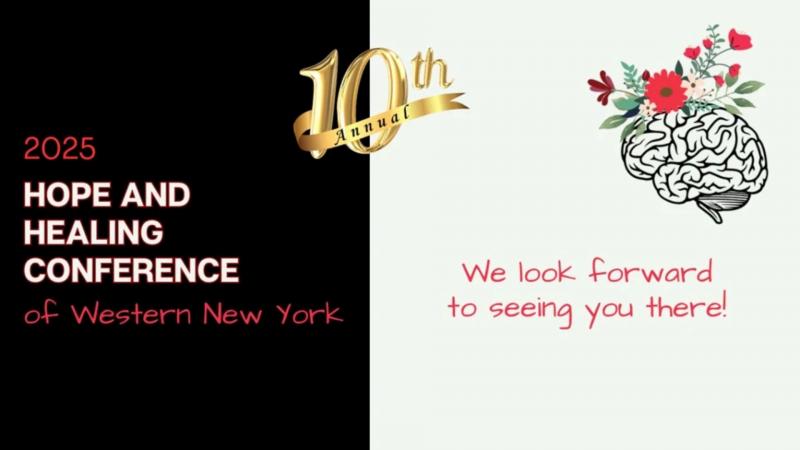MAYVILLE, NY – A campaign is underway studying new medication treatment retention that aims to reduce opioid-related overdose deaths across Chautauqua County.
Most of us know at least one person, no matter who we are or where we come from, affected by opioid use disorder (OUD). An estimated 2.1 million Americans have OUD. As in the nation as a whole, deaths due to opioid overdoses have reached historic levels in Chautauqua County since 2021.
What many do not realize is that OUD is a medical disorder characterized by an inability to stop the use of an addictive substance, despite the negative consequences associated with its use. Addiction is a chronic brain disease not a lack of willpower. Recovery from OUD also requires more than willpower, and medications can be part of the solution. Three FDA approved medications – methadone, buprenorphine, and naltrexone – can lower the risk of relapse and overdose. The longer a person with OUD stays in medication treatment, the greater the chance of a successful recovery. However, challenges associated with availability and acceptance of medication treatment exist.
To address these challenges, the HEALing Communities Study will launch a campaign August 7 - October 6, 2023 focused on Staying in Medication Treatment. This unique campaign aims to help people with OUD and needed supporters (e.g., loved ones, treatment providers):
- Understand how important medication treatment can be for recovery from OUD
- Learn how to overcome commonly experienced barriers to treatment retention
- Improve support for those in medication treatment
Throughout the campaign, real people share their compelling stories about how they have overcome challenges to staying in medication treatment. Treatment challenges addressed throughout the campaign include managing anxiety and depression, coping with cravings and triggers, finding recovery support that accepts medication treatment, and asking for support from loved ones.
A Chautauqua County resident, Jessica, has been taking medication (Suboxone®) for the past five years as part of her recovery path.
“Being addicted to heroin pretty much ruined my life in every way that you could possibly imagine,” said Jessica.” When I went into detox, they gave me the option of taking Suboxone. I can’t really put into words; honestly, it’s been a complete life-changer. You can be successful while taking it and people need to not be ashamed to take it. It’s much better for me taking Suboxone every day than doing what I used to do.”
“We are so appreciative of Jessica sharing her story and to all of the other spokespersons who have done the same. By sharing their stories, we hope to encourage others to consider using medication as a part of their recovery plan and the potential it has to positively impact their lives.” said Deb Maggio, Study Communications Lead.
You Can Help HEAL our Communities
A difference can be made by staying in MOUD treatment for as long as you need and supporting loved ones in MOUD treatment.
About the HEALing Communities Study
The National Survey on Drug Use and Health estimates that 2.1 million Americans have OUD, yet fewer than 20% of those individuals receive specialty care in a given year. A menu of evidence-based practices (EBPs) exists, including opioid overdose education and naloxone dissemination programs, prescription drug monitoring programs, FDA-approved medications for opioid use disorder (MOUD). Unfortunately, these EBPs have largely failed to penetrate community settings. As a result, the National Institutes of Health (NIH) and the Substance Abuse and Mental Health Services Administration (SAMHSA) launched the HEALing Communities Study (HCS) to investigate and identify the EBPs for preventing and treating OUD that are most effective at the local level. The goal of the study is to reduce opioid-related overdose deaths by 40 percent over the course of three years.
To learn more about the study or support the Campaign, please visit:
• Website: www.HEALTogetherNY.org/Chautauqua or www.CombatAddictionCHQ.com
• Facebook: https://www.facebook.com/CombatAddictionCHQ/
• Instagramhttps://www.instagram.com/combataddictionchq/

